Shelter and Food Emergency Response
Relieving food insecurity, meeting shelter and WASH needs, and promoting agency for displaced populations
Syria
 Humanitarian Assistance
Humanitarian Assistance
 Community Cohesion & Protection
Community Cohesion & Protection
 Water, Sanitation & Hygiene
Water, Sanitation & Hygiene
 Livelihoods & Economic Development
Livelihoods & Economic Development
 Climate-smart Agriculture & Food Security
Climate-smart Agriculture & Food Security
2021-2025
USAID, Bureau for Humanitarian Assistance
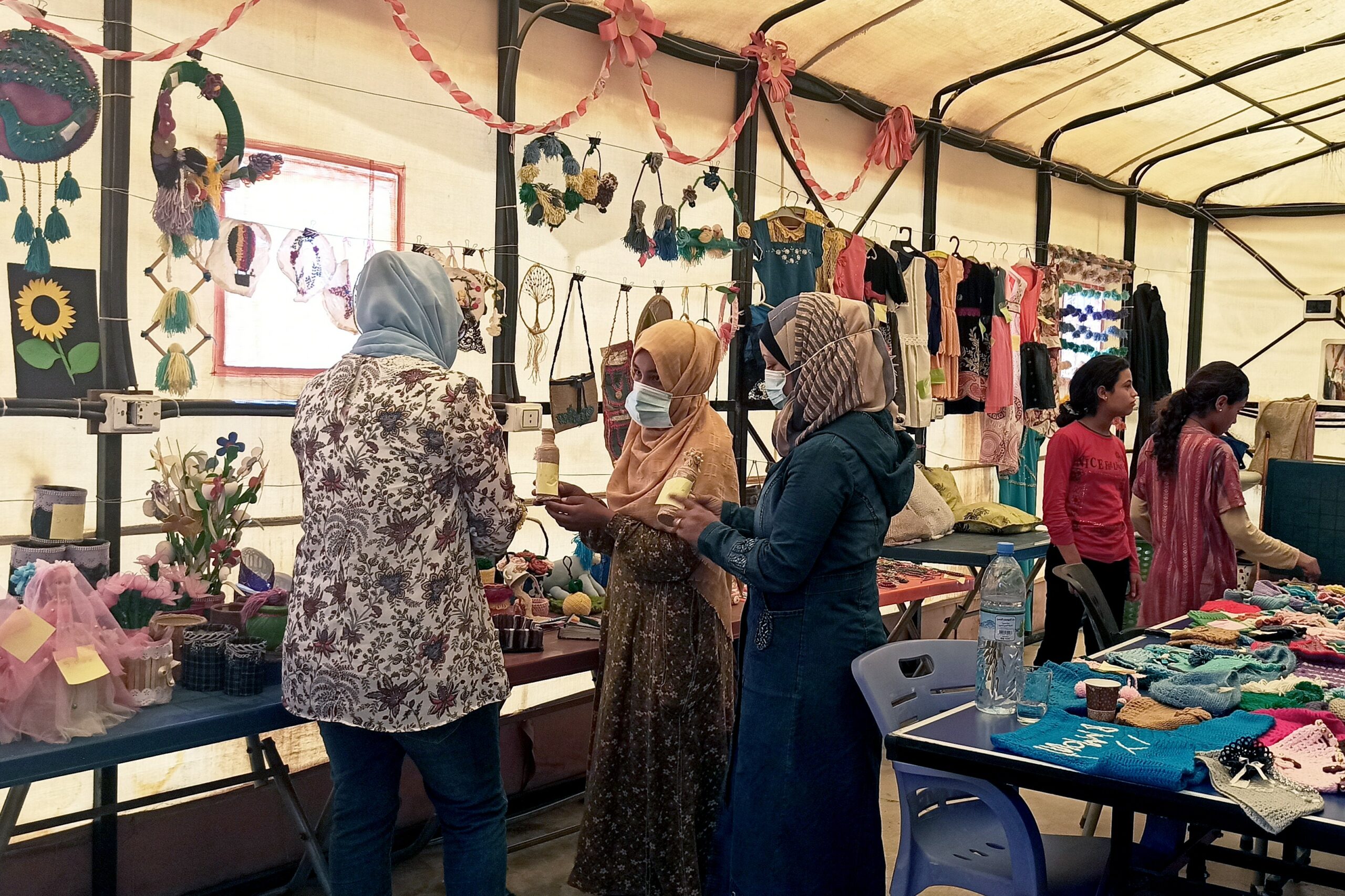
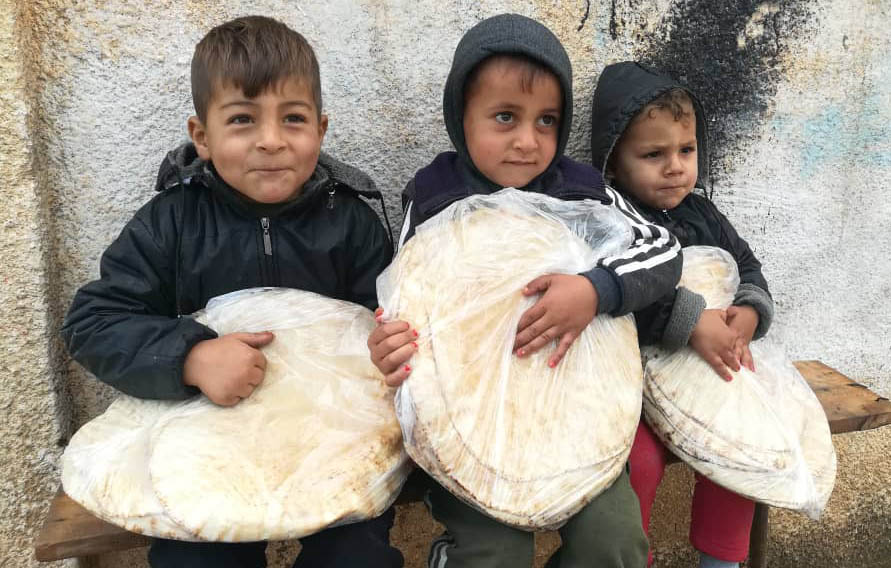
The Shelter and Food Emergency Response Program (SAFER), now in its third year, builds on previous work, SEFSP (2013-2021) and SIS (2018-2020) programs, to reduce the vulnerability of people affected by conflict in host communities and in formal and informal displacement settlements across northeast Syria.
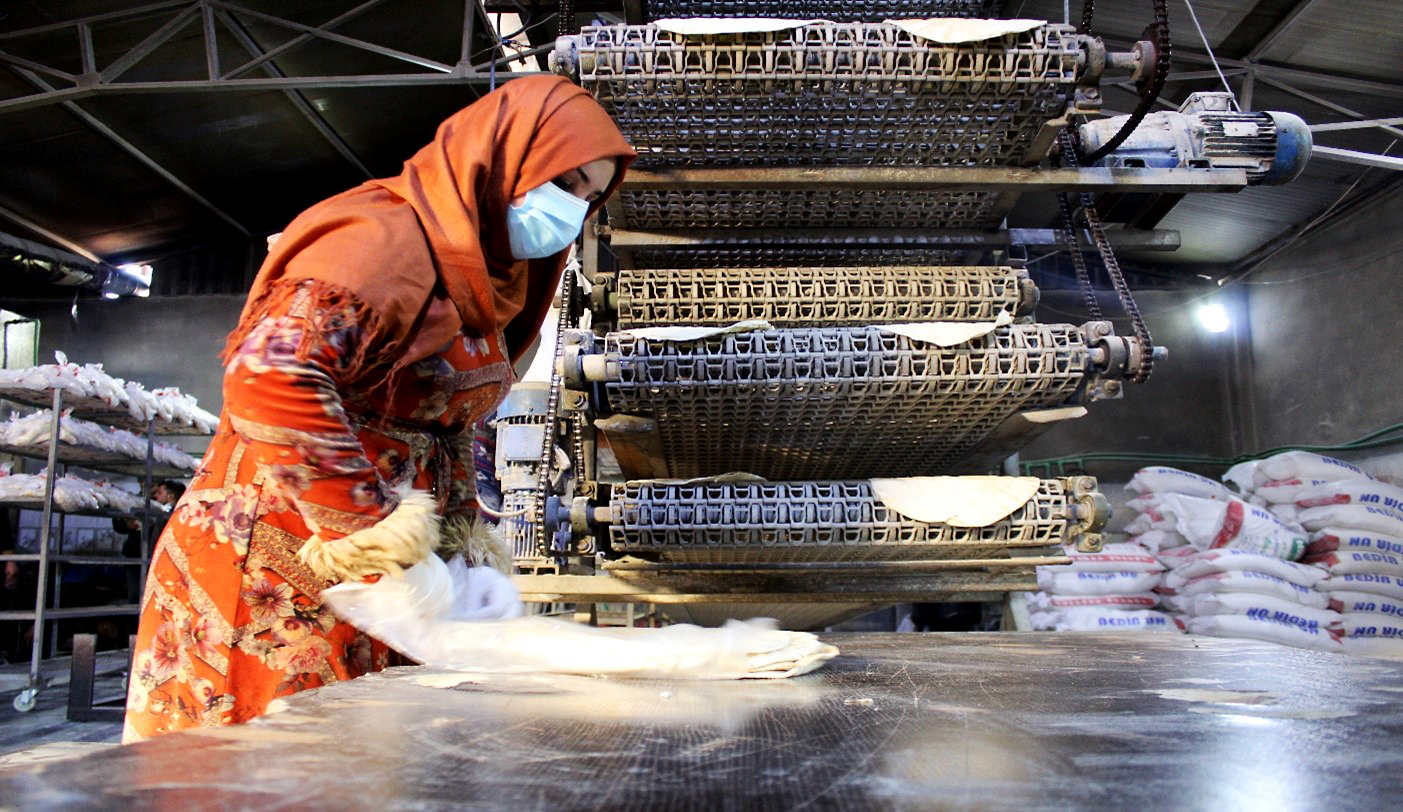
Strengthening Food Security
SAFER activities promote household- and community-level food security. We provide high-quality, locally or regionally sourced flour to local bakeries to make fresh bread daily. This bread is distributed at camps and informal settlements, free-of-charge, and sold to host communities at discounted prices.
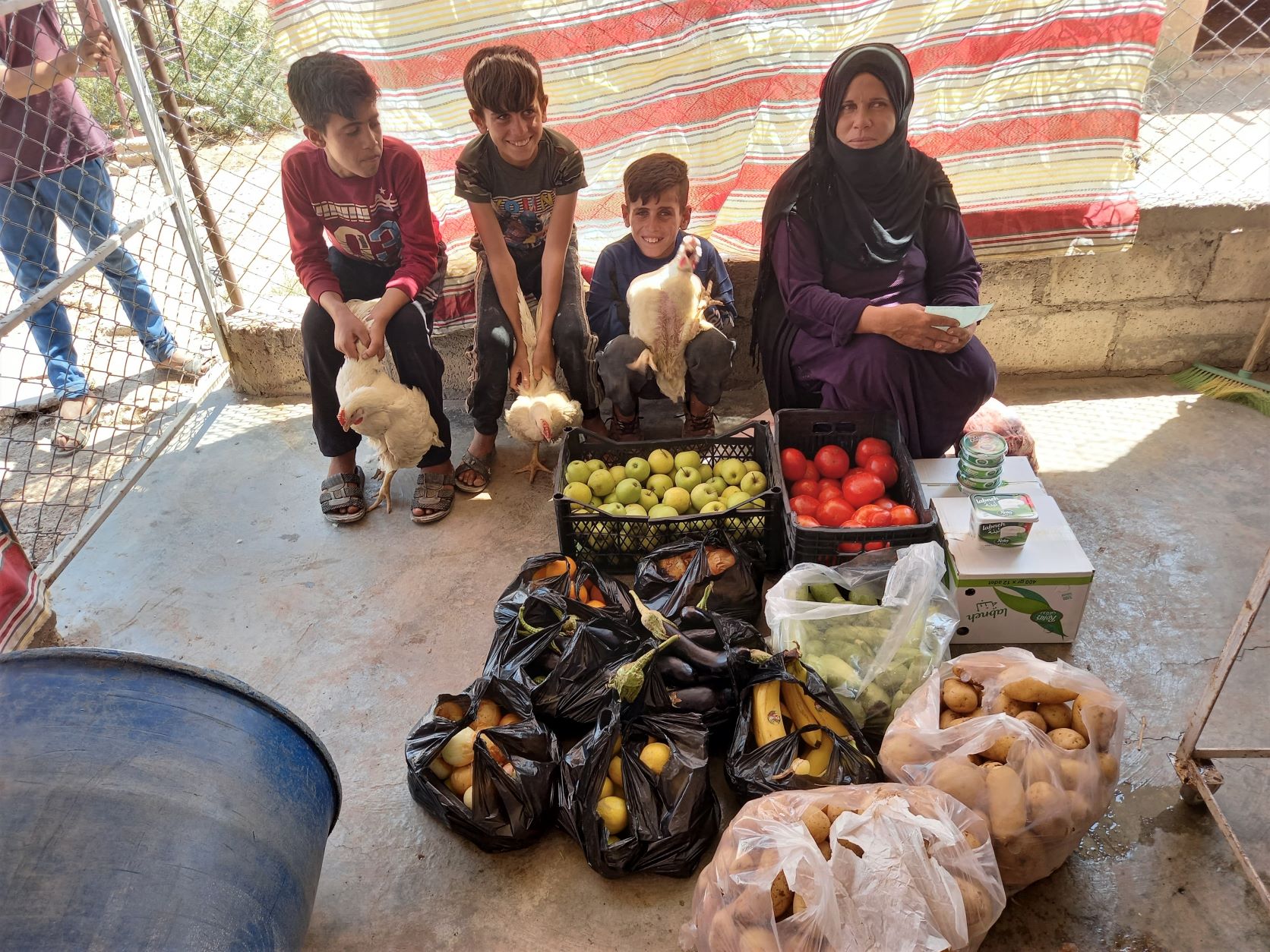
We provide monthly vouchers for food-insecure households in host communities to improve access to diverse, nutritious foods. We partner with shops where families can redeem vouchers for fresh foods, while ensuring that the broader local market is not disrupted. The supplementary food vouchers help households save money for other essential needs, such as healthcare, and contribute to the local economy.
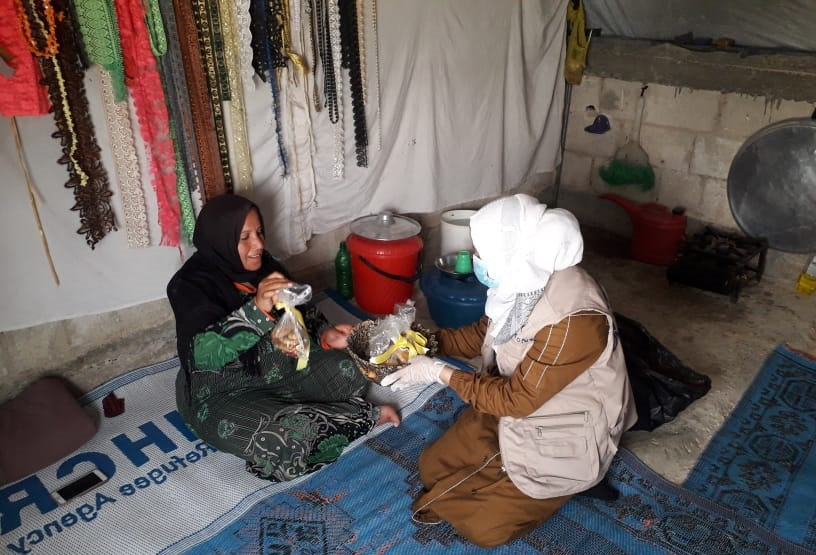
Addressing Humanitarian Needs
Since 2018, we have provided emergency humanitarian support for conflict-affected internally displaced people and refugees living in formal and informal settlements in northeast Syria. Teams coordinate with camp administrators, local authorities, and other humanitarian actors to address urgent needs and respond to gaps, ensuring an equitable provision of services.
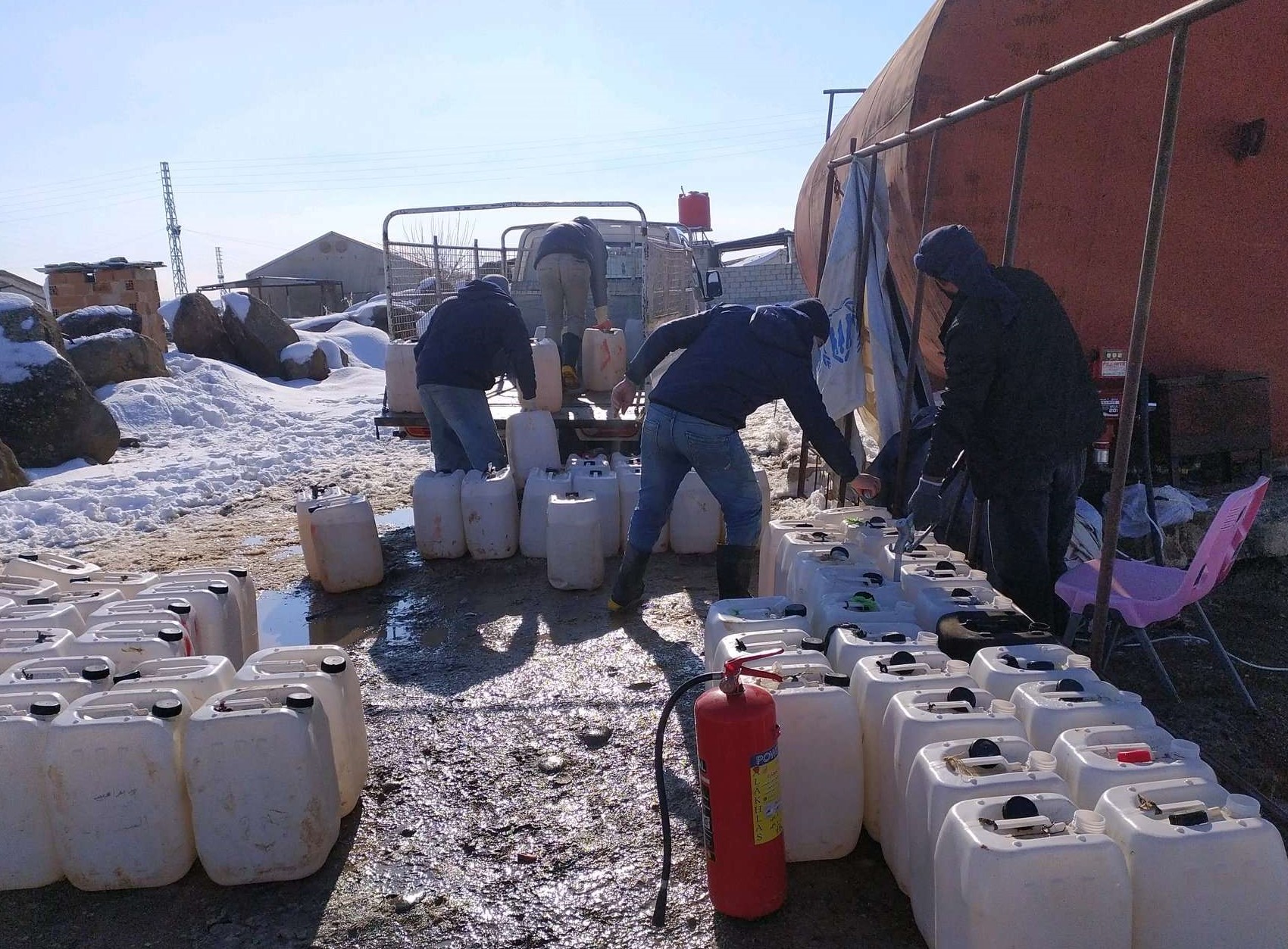
To support maintenance and repair activities, Blumont hires daily laborers from the camp population, creating economic opportunities for residents. Our team also distributes heaters, cooking fuel, and other household items in formal and informal settlements in response to emerging needs.
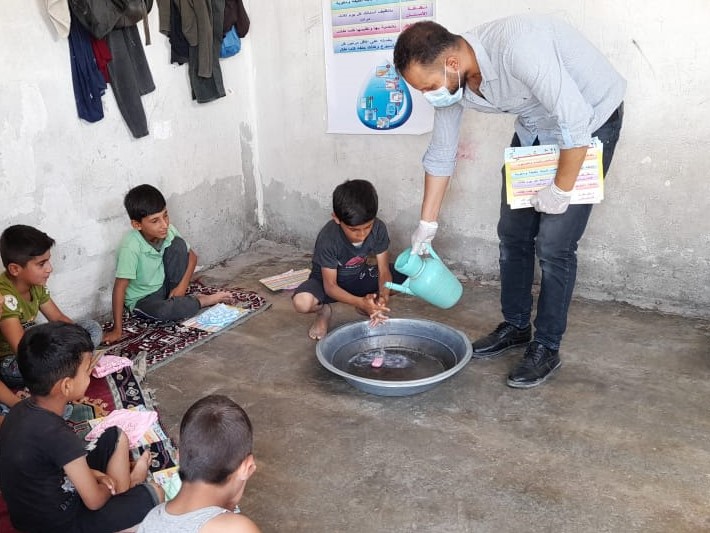
Prioritizing WASH
For cleaner living spaces and healthier lives, we have expanded our WASH services and awareness efforts in displacement camps. Families receive essential hygiene supplies and menstrual management kits. We maintain sewage and solid waste systems and work with other camp-based partners to extend access to clean water through water network management and rehabilitation.
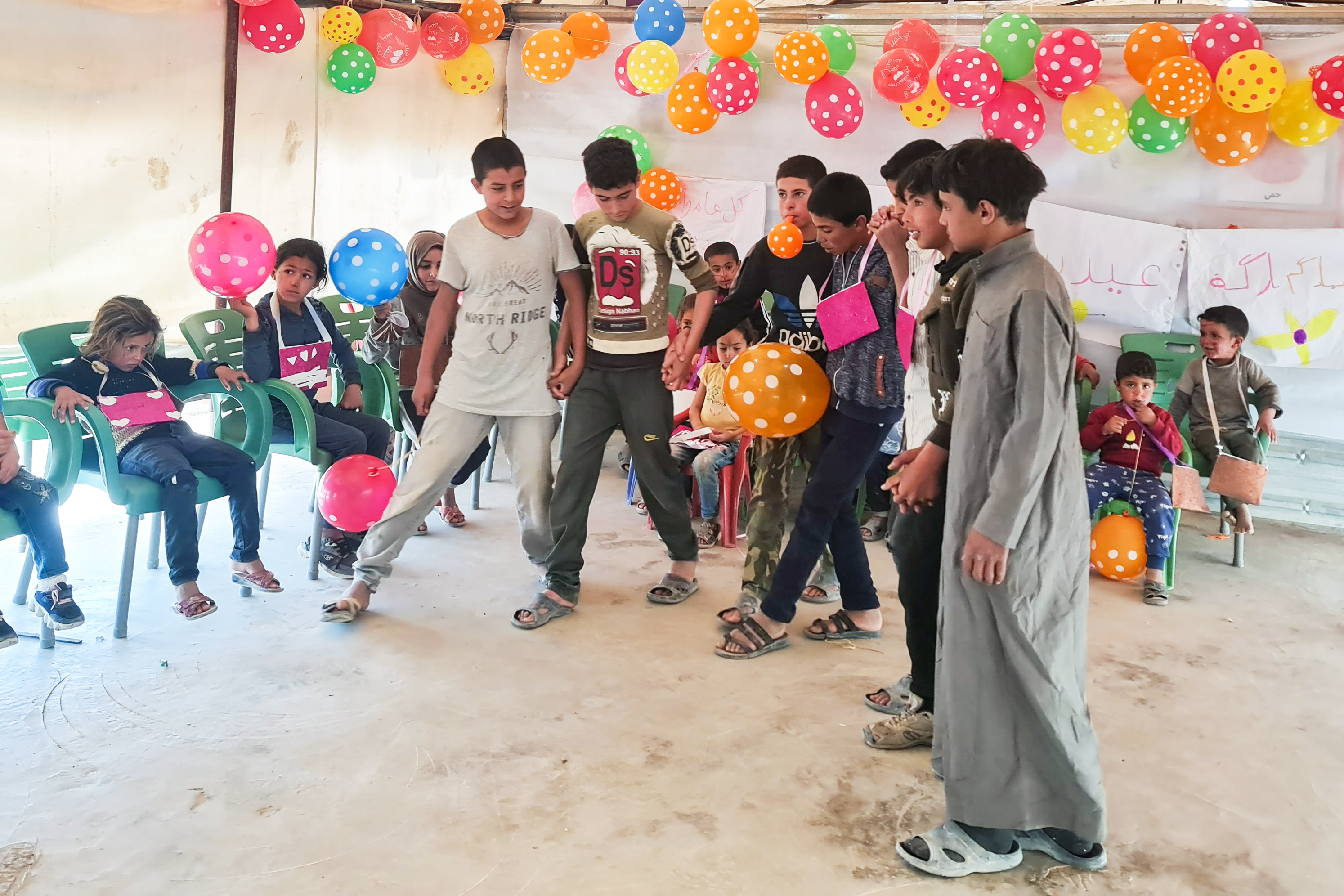
Engaging Communities and Building Cohesion
Our teams help residents build connections amidst displacement. We engage communities in decision-making and participation to promote accountability and representation. Committees and inclusive activities provide opportunities for residents to learn, develop leadership skills, and have a voice in their community. Efforts focus on improving representation of the most vulnerable, including youth, women, people with disabilities, minority groups, and the elderly.
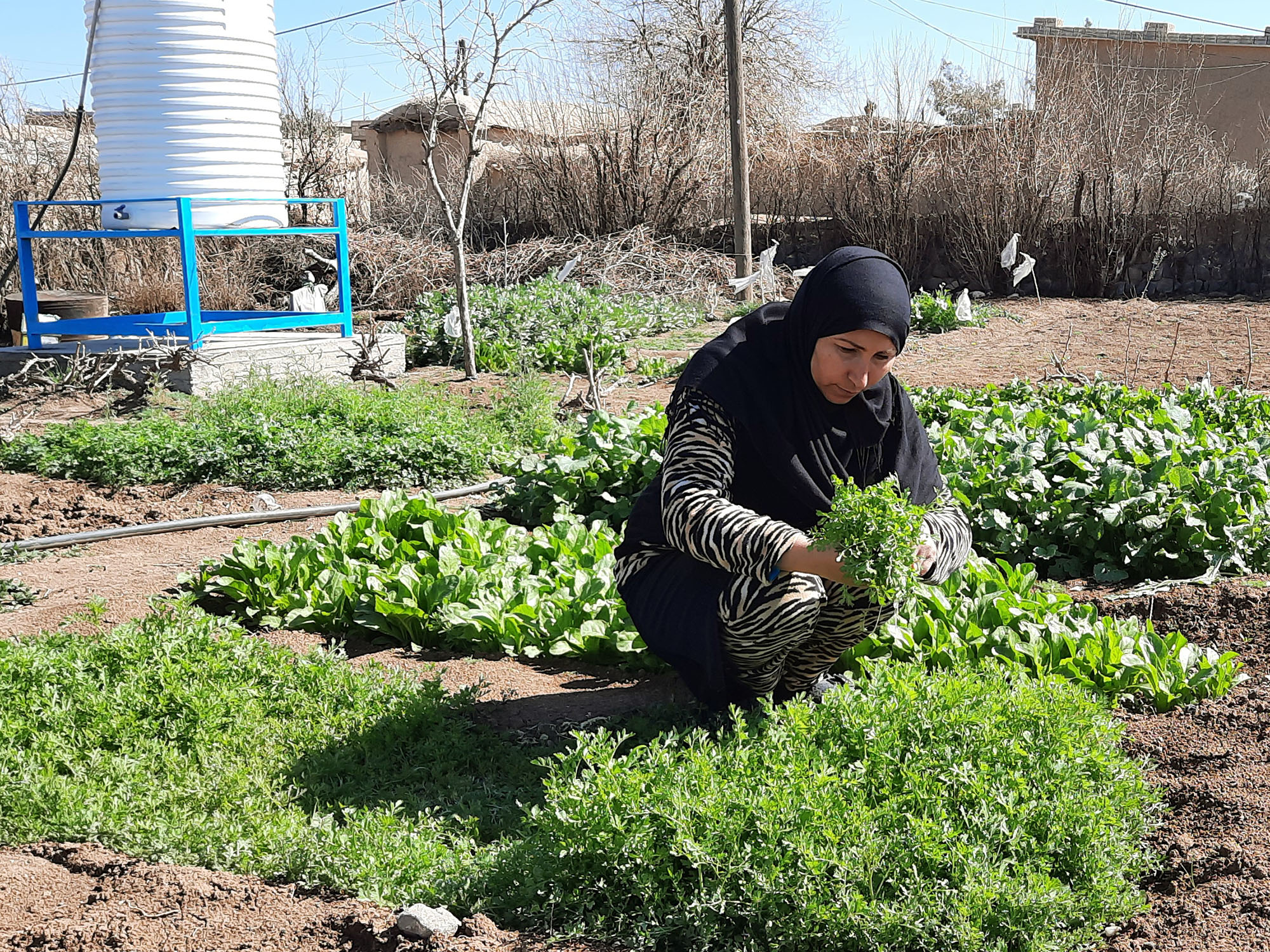
Restoring Agriculture and Livelihoods
In the first year of SAFER activities, we worked with food-insecure households to plant home-vegetable gardens designed to improve dietary diversity in host communities. Families were trained on cultivation techniques, given toolkits to effectively manage their gardens, and provided with seeds for planting vegetables like cucumbers, tomatoes, eggplant, okra, and radishes. Our technicians installed drip irrigation systems in all household gardens for sustainability.
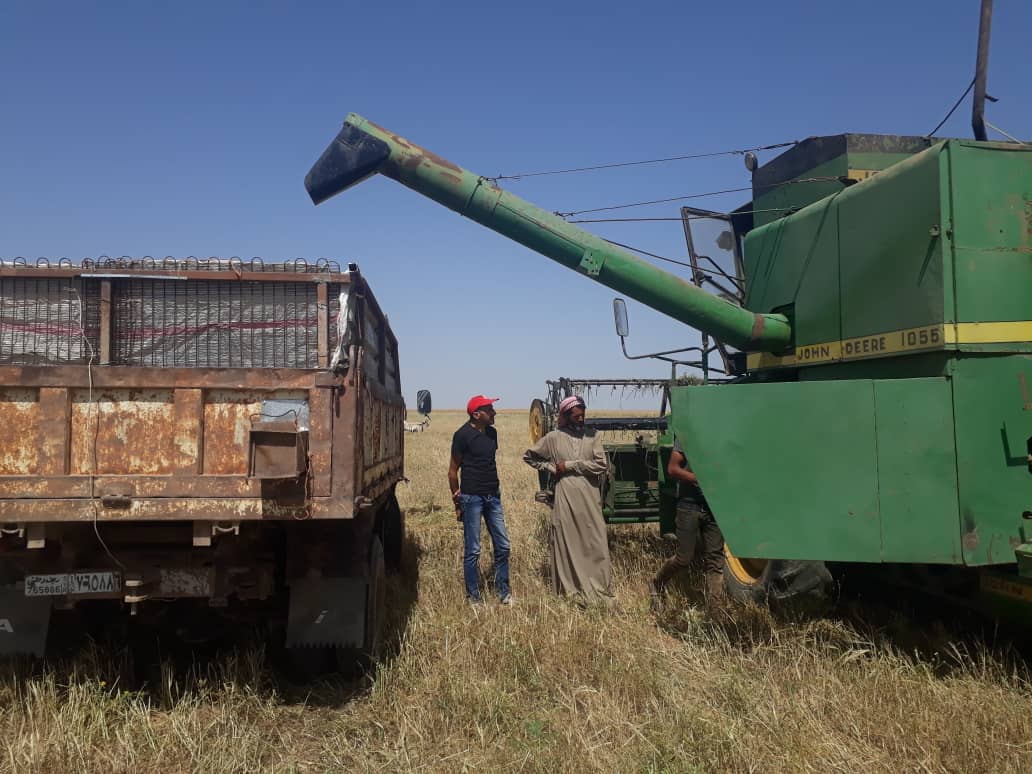
We also supported smallholder cereal farmers to promote the recovery of agricultural livelihoods. Agricultural inputs and training were provided to vulnerable wheat and barley farmers cultivating one to three hectares of land. Training included land preparation and cultivation, usage of fertilizers, and crop irrigation. After trainings in 2020, the barley harvest was two times the normal yield and wheat harvest increased by 1.5 times.



